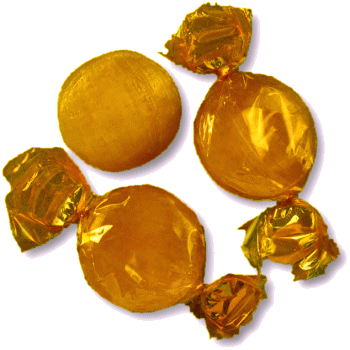




WELCOME TO AN ENTERTAINMENT SITE FOR SCOTTISH COUNTRY DANCERS!
Enjoy this curated selection of theme-related dances for celebrations and holidays, or find a dance associated with a special calendar day, or EVEN your own birthday!
"The Dunce's Corner - The Cap of a Fool Fits the Head of a Dunce"
Nov 8

Dunce Day
Duns and District
Other Scottish Country Dances for this Day
Today's Musings, History & Folklore
"Nothing can confound a wise man more than laughter from a dunce." ~ George Gordon, Lord Byron (1788-1824)
The word dunce is derived from the name of the Scottish Scholastic theologian and philosopher John Duns Scotus, also referred to as Doctor Subtillis, or "Subtle Doctor", whose works on logic, theology, and philosophy were accepted textbooks in the universities from the fourteenth century. However, with the advent of the Renaissance, New Learning, and then the Protestant Reformation, many of Duns's theories and methods (which were considered hair-splitting) were challenged or rejected by Humanist and Protestant scholars, who used the term "Dunsman" or "Dunce" in a pejorative sense to denote those who foolishly clung on to outmoded doctrine.
Duns and District
"A diller, a dollar,
A ten o' clock scholar,
What makes you come so soon?
You used to come at ten o'clock,
But now you come at noon."
~ Mother Goose Rhyme
National Dunce Day, a celebration of Dunces and Dunce caps, is celebrated November 8th, in remembrance of John (Johannes) Duns Scotus who died November 8, 1308. John Duns Scotus was a Scottish Franciscan scholar who, along with Thomas Aquinas and William of Ockham, was one of the leading Scholastic philosopher-theologians of the High Middle Ages.
Duns Scotus wrote treatises on theology, grammar, logic, and metaphysics which were widely influential throughout Western Europe, earning Duns the papal accolade Doctor Subtilis (Subtle Teacher).
However, with the advent of the Renaissance and the New Learning, and then the Protestant Reformation, many of Duns's theories and methods (which were considered hair-splitting) were challenged or rejected by Humanist and Protestant scholars, who used the term "Dunsman" or "Dunce" in a pejorative sense to denote those who foolishly clung on to outmoded doctrine. Gradually "dunsman" or "dunce" was used more widely for anyone stupid or dull-witted.
By Victorian times, the use of the pointed dunce cap, and dunce's corner, had become an article and method of discipline in schools, though, originally, the dunce cap was believed to be have been recommended by Duns Scotus as a way to stimulate the brain – a "thinking cap."
For more history of the dunce cap and its usage, click the vintage school scene.
Click the dance cribs or description below to link to a printable version of the dance!




